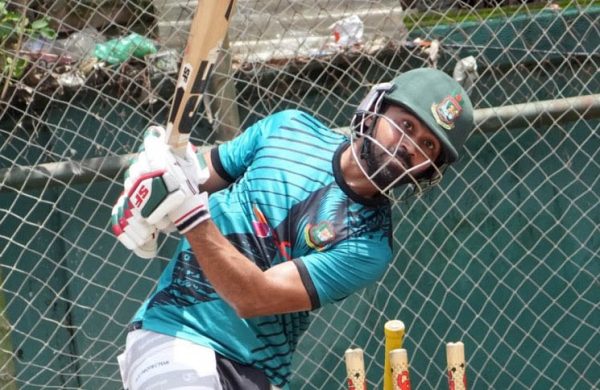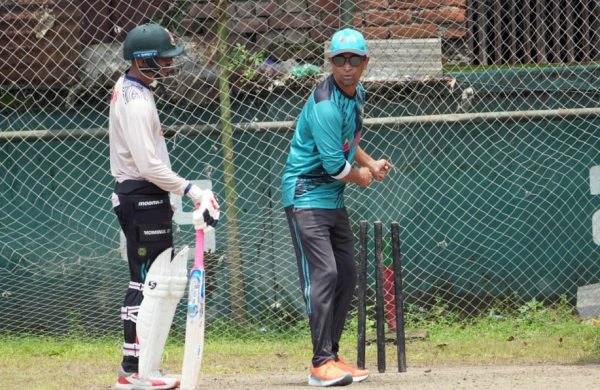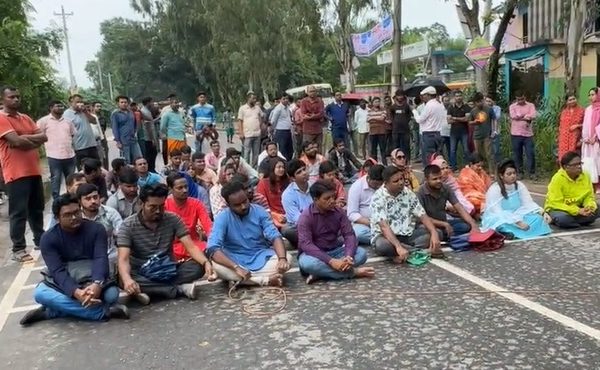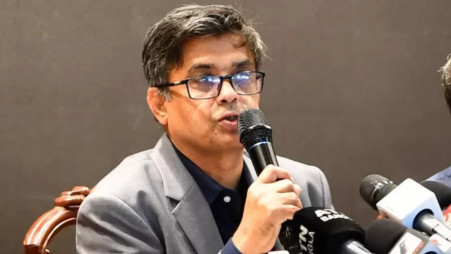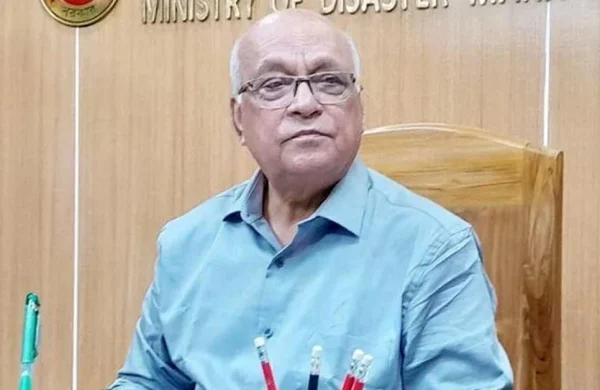Century-chasing Mushfiqur in a battle of his own
- Update Time : Sunday, April 27, 2025
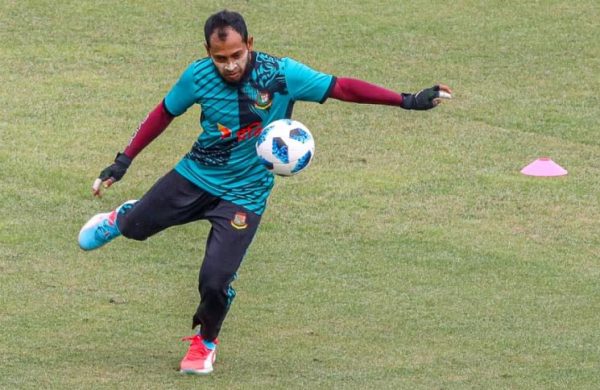
Sports Desk:
Stalwart Mushfiqur Rahim is staring at a rare feat — he is en route to becoming the first Bangladeshi with 100 Tests under his belt.
For a team that have played 151 Tests, Mushfiqur earning 95 Test caps speaks volumes of the veteran’s testament and longevity, especially considering that the next in line in this regard is Shakib Al Hasan, who has featured in 71 Tests.
At a time when Bangladesh were supposed to rely on Mushfiqur’s experience to guide the side, the batter himself is struggling to prove his worth in the middle-order. It even casts doubt over the 37-year-old’s aim of reaching the exceptional feat.
Bar any drastic change, Mushfiqur, the only Bangladeshi with three double tons in the format, will most probably reach the desired three figures.
By the time Mushfiqur reaches 100 Tests, will the stalwart end up seeing questions over his inclusion in the team pile up even more than it already has, especially after his dull outing in the recently concluded first Test against Zimbabwe in Sylhet?
Bangladesh’s three-wicket defeat against Zimbabwe at the Sylhet International Cricket Stadium on Wednesday not only defied expectations but also exposed lingering weaknesses in the team’s batting setup.
Chief among these was the underwhelming performance of the batting unit — a recurring problem that once again proved costly. While several players underperformed, it is the prolonged dip in form of veteran Mushfiqur [who has 6015 Test runs at an average of 37.36] that has become the most pressing concern.
Despite Zimbabwe chasing down a modest target, Bangladesh failed to capitalise on key moments, largely due to a brittle middle order and lack of partnerships. Mushfiqur’s scores — 4 and 4 — were emblematic of a broader trend.
Over his last seven international appearances across formats, he has managed only 13 runs, a statistic that clearly portrays his current struggle to adapt to the demands of top-level cricket.
Mushfiqur, who retired from T20Is and ODIs earlier, was expected to anchor the Test batting lineup and offer stability. However, since his 191 against Pakistan in Rawalpindi last August, he has failed to cross 40 in 12 Test innings — a stretch that puts significant pressure on both his individual place and the team’s overall batting strategy.
Despite the numbers, Mushfiqur found a supporter in captain Najmul Hossain Shanto. “He is an experienced cricketer,” Shanto said during post-match briefing.
“He helps the batters. He talks a lot during training. Of course, his batting is important. I am not thinking about his milestone or achievements from the past, I don’t think he is either. I hope, with one match remaining, he will make a comeback. I am not giving up hope. He has been in poor form in the past and made comebacks.”
While captain Shanto acknowledged Mushfiqur’s value in leadership and preparation — citing his role in planning and mentoring — the reality remains that contributions off the field cannot compensate for consistent failure with the bat, particularly in a format that demands both resilience and productivity from senior players. The timing could not be more critical.
With the second and final Test set to begin on April 28 in Chattogram, Bangladesh face a must-win scenario not just to salvage the series but also to stabilise their Test campaign going forward.
And, for Mushfiqur, he will have to deal with the additional pressure of proving himself in the game.


